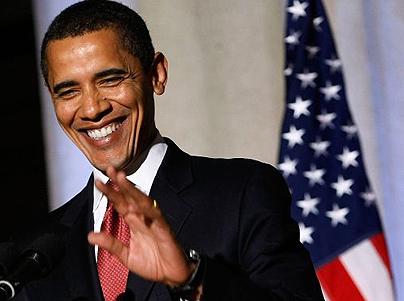
The Sunday Times definitely trumped the rest this week. Grace Mugabe showed it’s not just D-list celebrities who can lose their temper with photographers after apparently lashing out at a Sunday Times snapper; Margaret Beckett found herself in hot water, echoing Baroness Vadera’s strife earlier in the week by saying she could see signs of recovery in the housing market; and Roman Abramovich has reportedly been getting bored with the giant train set that is Chelsea, and is trying to offload the club to Gulf investors.
The Observer went with the fragile Gazan ceasefire and a story about the ‘rise of mixed-race Britain’ which claims, among other things, that “some distinct ethnic groups – starting with Caribbean – will virtually disappear” according to the Institute of Social and Economic Research at Essex University.
The Telegraph’s front page follows the twists and turns of a financial week that saw 25 per cent wiped off the value of Barclays shares in an hour with news that the government could put up to £200bn of toxic debt on public books. The Mirror and the News of the World plumped for the joys of Boy George and Jade Goody respectively, while the Mail on Sunday had a similar £200bn toxic debt story to The Telegraph and suggestions that naughty Tesco staff have been posting rude comments about customers on the net.

Clearly the mother of all stories lurking behind the small fry is Obama’s ascension to the White House, commanding double page spreads a-plenty and dominating the comment pages. Andrew Rawnsley notes the hubristic nods to Abraham Lincoln and Franklin Roosevelt in Obama’s pre-inauguration whirlwind but points out that if ever there was a time to set pessimism aside, it’s now. On the Independent’s newly reworked blogspot John Rentoul amusingly points out that the communist Weekly Worker magazine has already branded Obama the world’s number one terrorist. There’s also chat about the Tories’ resurgence in the polls – they’re up nine points to 42 per cent, according to ComRes – and Andrew Grice rounds off last week’s political coverage with a mention of the Commons’ attempts to censor TV footage of a heated exchange involving John McDonnell MP.
Martin Ivens is taken up with the (quickly becoming interminable) topic of Ken Clarke and his possible return to the shadow cabinet. He aptly compares the prospect of a fourth Labour term as another series of an increasingly dreary sitcom.
My personal pick of the week goes to Ruth Sutherland in the Observer for a piece suggesting the credit crunch was the result of testosterone driven patriarchs high in the glittering towers of Canary Wharf and Wall Street, and looking at the effects of the downturn on women – who she argues will be hardest hit. Just when you thought every possible angle had been taken on the recession, up pops the old gender divide.
Finally, Frost/Nixon is out at the end of January and promises to be a timely look at the only president whose calamitous exit from the White House can rival Dubya’s shambolic departure.



